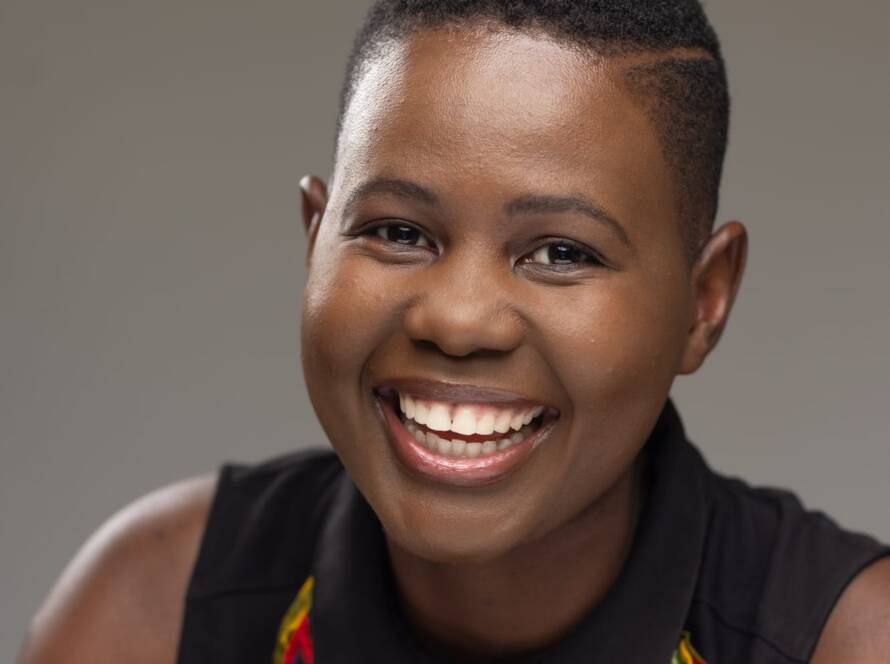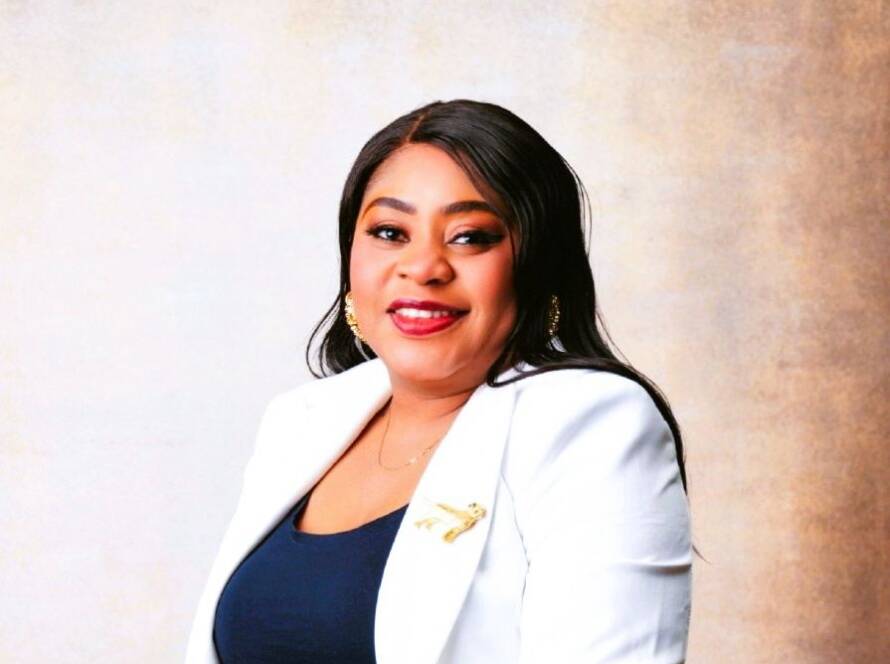Financial independence is more than a personal milestone—it’s a lifeline, especially for young Black women navigating complex systems and, too often, unsafe situations. Across Canada, economic abuse is a less visible but pervasive form of domestic violence. Hidden by stigma and cultural silence, it’s an issue we must confront.
When financial control limits a person’s choices, it traps them, and that entrapment becomes a formidable barrier to safety and self-determination. It’s no wonder that, on average, it takes seven attempts for someone to break free from an abusive relationship. True support for Black women means addressing this financial bondage with clear-eyed urgency.
Unmasking Economic Abuse
Economic abuse operates subtly but devastatingly, from restricting a partner’s access to funds to accumulating debt in their name, to pressuring them into quitting their jobs. Each tactic serves to diminish autonomy and reinforce dependency, creating consequences–such as bankruptcy and homelessness– that can last a lifetime.
According to the 2022 report Understanding the Nature of Economic Abuse by the Canadian Center for Women’s Empowerment, 93% of domestic violence victims experience financial restrictions or obstacles in accessing their own money, while 86% are pressured to leave their jobs, increasing their isolation and vulnerability.
Economic abuse often combines with other forms of control, creating a system that’s hard to break free from. Victims may experience a loss of self-esteem as their ability to make financial decisions is stripped away, leading to increased emotional distress. This compounded oppression not only makes it harder to seek help at the moment but also undermines long-term stability and growth.
Breaking the Stigma and Pushing for Policy Reform
Economic abuse is finally gaining recognition, yet the social stigma surrounding money makes it difficult for victims to speak out. Financial control may not leave visible scars, but it wounds deeply and disrupts lives profoundly. Black, Indigenous, and marginalized women bear a disproportionate risk, facing additional biases and barriers that often deter them from seeking help. At a time when housing costs and the overall cost of living are soaring, leaving becomes an even more daunting choice.
When victims reach out, they frequently encounter systems that don’t believe them or that add to their trauma. We must continue pushing for broader recognition of economic abuse and for policies that recognize and address this issue. Separating from an abuser often marks the most dangerous period in a woman’s life, which makes financial independence a priority for both safety and empowerment.
Empowerment as Prevention
Economic empowerment must be central to our response to gender-based violence. By equipping women with financial knowledge and resources, we can break down barriers to freedom. Future Black Female’s GBV and IPV course, rooted in an Afrocentric approach, is a critical step in this direction. Through an emphasis on financial independence and self-advocacy, it provides Black youth with tools to foster resilience and autonomy.
Meaningful action also requires expanded policy definitions that encompass all forms of financial control, better data collection to understand this impact across communities, and financial policy shifts that make safe, no-cost accounts available to victims. In 2019, the Canadian Centre for Women’s Empowerment established November 26 as Economic Abuse Awareness Day, a call to action that has since spread to four additional countries.
Building Financial Confidence Through Community Support
At Future Black Female, we believe in financial empowerment as a core component of personal and community resilience. Our Financial IQ Project provides young people with the tools to gain financial literacy, a foundation for sustainable independence.
Economic empowerment extends beyond gaining financial knowledge; yet, financial empowerment extends beyond budgeting and saving. It involves taking real steps towards safety and independence, such as: creating pathways to affordable housing, resolving coerced debt, and enabling access to credit—critical resources for rebuilding.
We also recognize the unique barriers Black women face, such as discrimination in lending and systemic financial inequality. Through tailored resources and mentorship, we help women navigate these challenges and build a foundation for long-term financial stability.
Creating a Future of Financial Empowerment for Black Girls
We must start with today’s Black girls if we’re going to keep our commitment to a future where Black women are safe, secure, and empowered. Let’s get into programs that nurture financial literacy from an early age, offer mentorship, and remove educational barriers. Future Black Female’s Black Women’s Economic Security Project is one such initiative. Through partnerships with community leaders, our goal is to clear out barriers in education and employment, driving meaningful economic change for Black women across Ontario.
In the same vein, our Black Youth United Against Gender-Based Violence and Intimate Partner Violence initiative empowers young people with leadership skills, and purpose through innovative training and intercultural dialogue. Together, these programs create a nurturing environment that equips young Black people to thrive with confidence and resilience, driving meaningful social change.
Economic abuse is a largely hidden form of domestic violence that traps many young Black women in cycles of financial dependence and insecurity. By investing in economic empowerment and tailored financial literacy programs, we are able to equip young women with the skills and resources needed to achieve independence, prevent violence, and build resilient futures.
Our heartfelt thanks goes to our partners in Women and Gender Equality Canada and the Niagara Community Foundation, who share and support our vision. If you believe in building a stronger, safer future for Black Canadian youth, we invite you to join us in this vital work.




